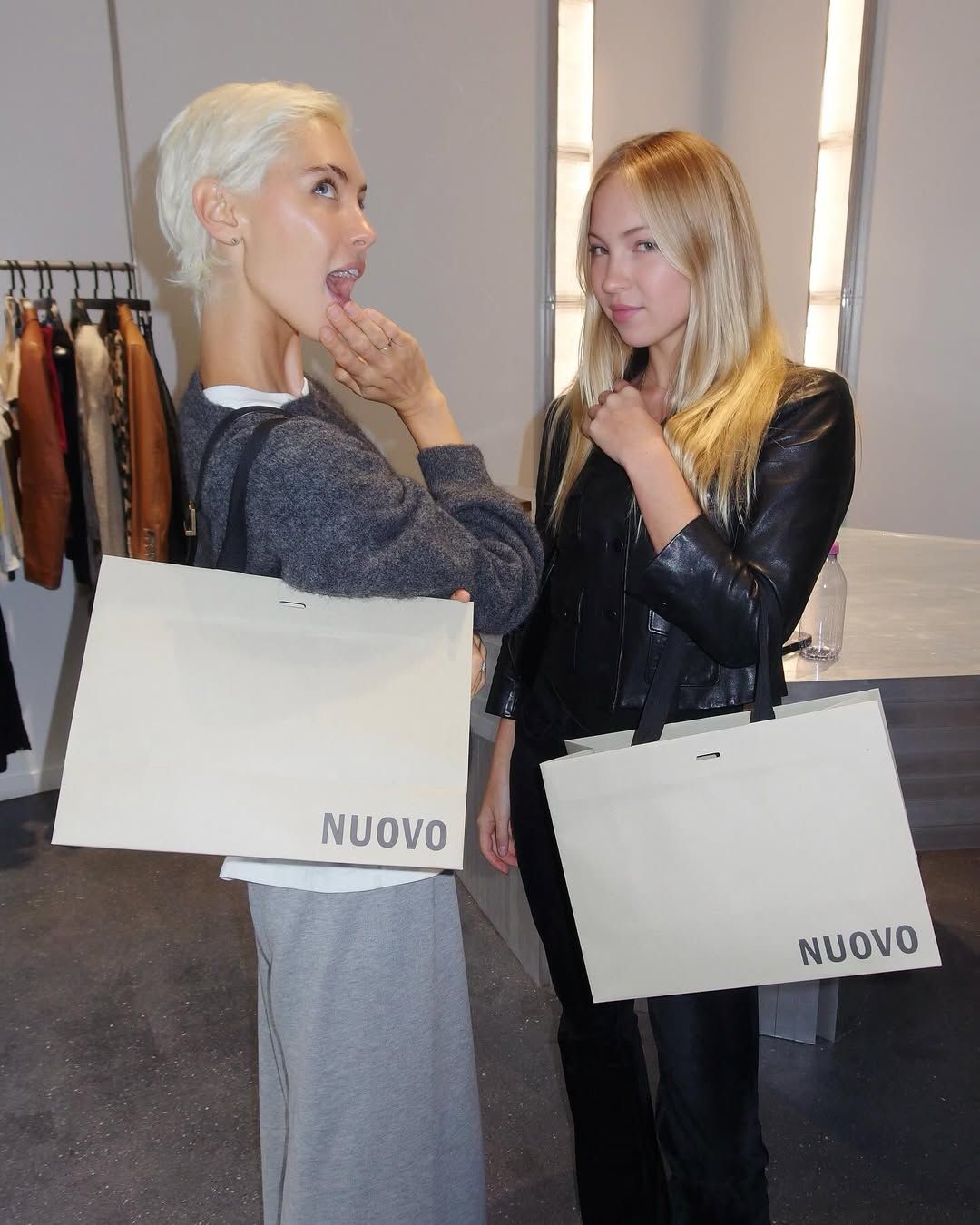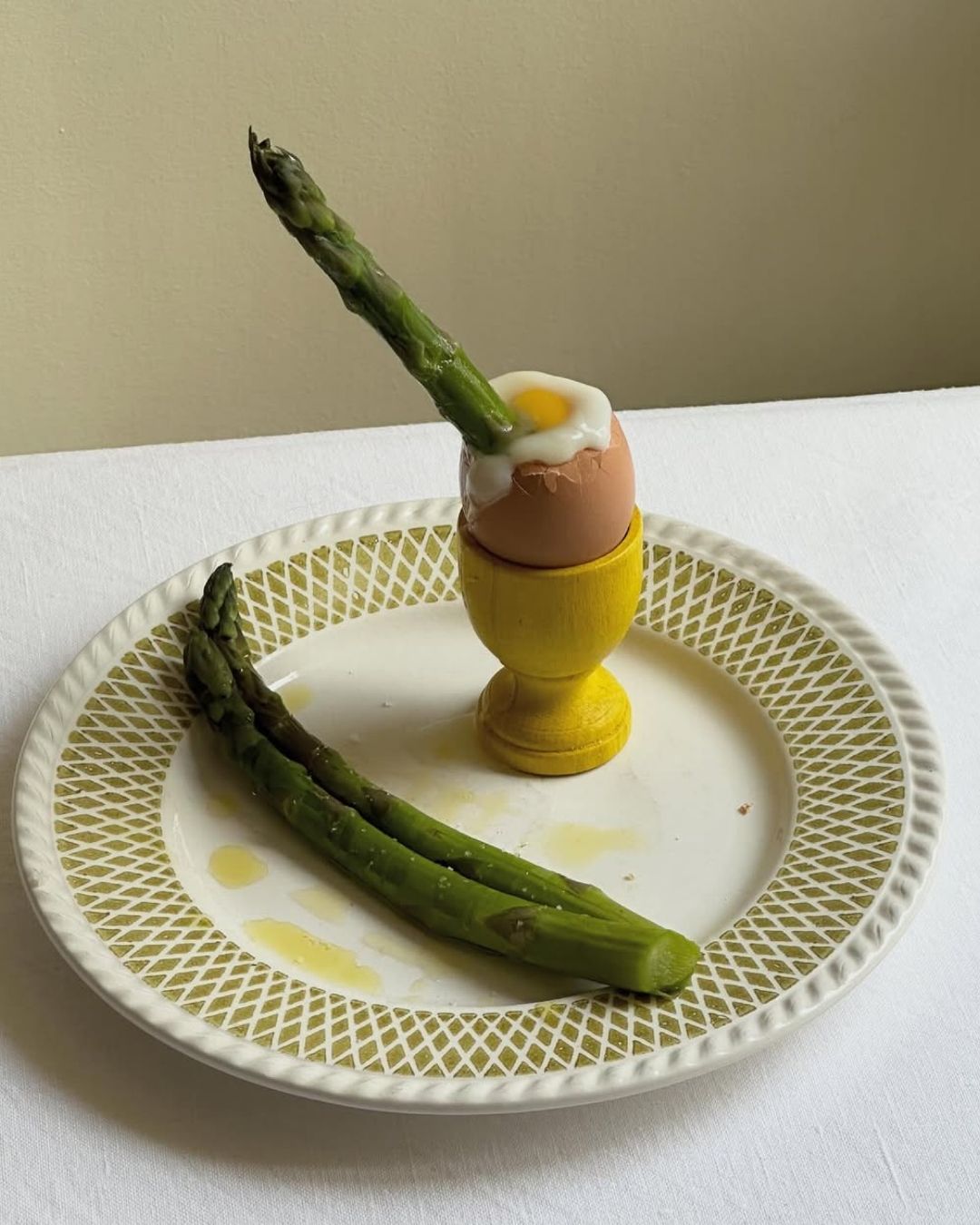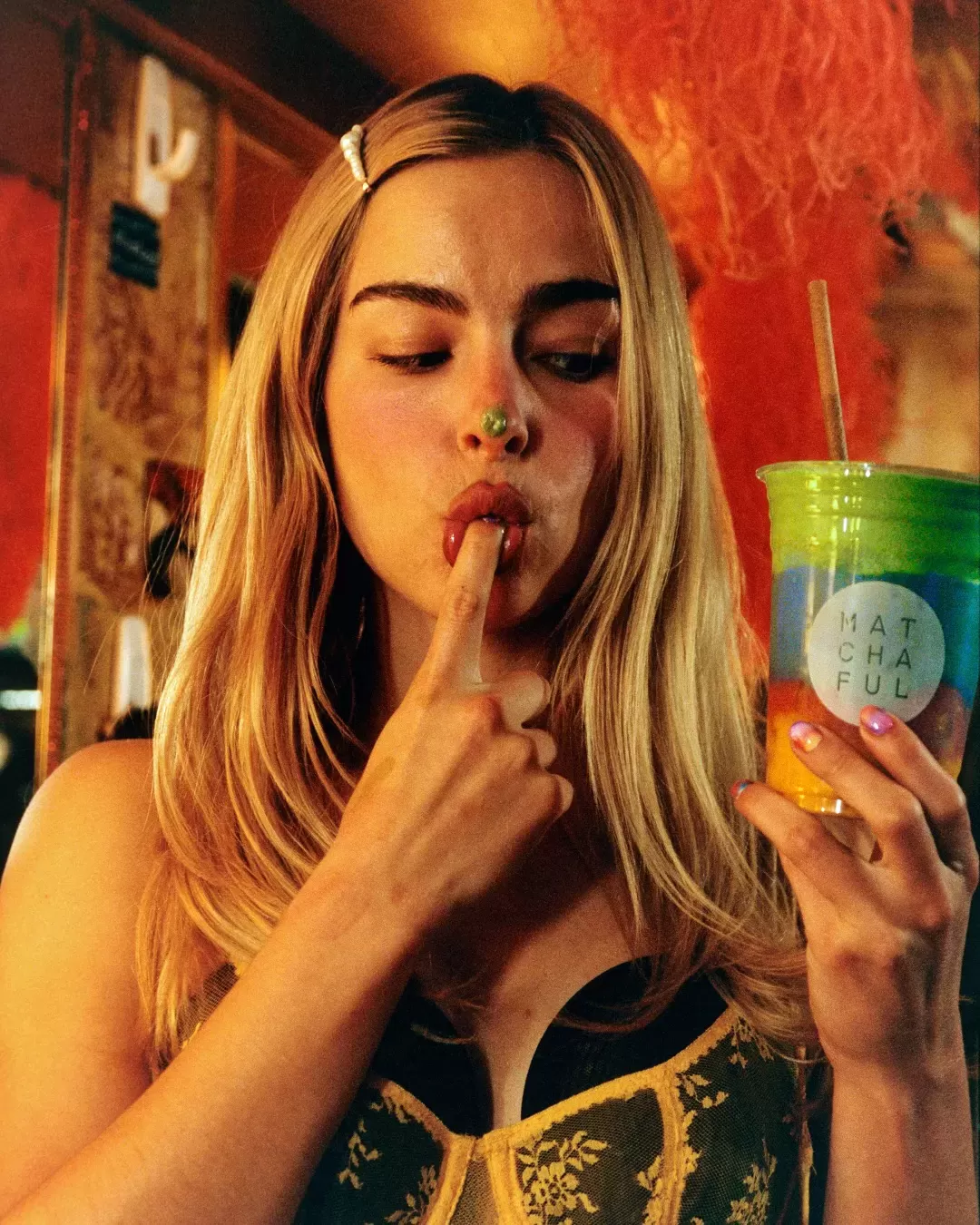
Next Gen Italian Food R(evolution) Never out of the headlines, Italians keep the world talking, especially when it comes to food
A win for Bros': he takes it in his mouth
You don't need to follow the food news to know that the Bros' restaurant in Lecce of chef Floriano Pellegrino Jr and his wife Isabella Potì is on everyone's lips, and not just because everyone wants to be in his mouth, as a way of saying. In addition to the status given by the chef's Instagram blue tick, his reputation as a cutting-edge chef increased when the restaurant was awarded a Michelin star. However, it's not just the taste of his food, but the very shape of Pellegrino's mouth led the Bros' to the next stage of success, when "The Everywhereist" blogger Geraldine DeRuiter visited the restaurant and wrote a review titled "We Eat at The Worst Michelin Starred Restaurant, Ever". A review that echoed in the media in the days to come, becoming a veritable international frenzy reported by The New York Times, The Washington Post, The Daily Mail UK, Today and others, especially when the Chef himself replied with a thesis in English of several pages in defense of his artistic method and art itself, complete with some drawings of a man on horseback, causing a flood of memes and discussions, including a reference to the work The Artist's Shit n. 014 by Piero Manzoni from 1961. One of the most discussed topics was a dessert served in a ceramic mold, which reproduced the shape of the chef's mouth, called Limoniamo, defined as a "tongue dildo" and filled with a citrus foam, which should presumably be ... licked. The bowl sold out and the chef said his next project will involve NFTs. Among the chatter and memes about horses that subsequently flooded the Twitter-verse after the Chef's colorful response, there is the theme of fame (and infamy), which gave rise to other discussions on the next generation of Italian chefs, on Michelin restaurants and haute cuisine and the link between food and art.
The machine of fame
The absurdity at its best is, as always, sold to the highest bidder: it seems we live in an age where the more messy something is, the more attention it gets. The world of the internet has opened us up to the world and the best (and worst) of everything in it, so regardless of age or experience, information is available to everyone in abundance for the first time in human history, thus attracting people's attention among the general noise is not an easy task, the quickest way is definitely to get people talking. The new generation of Italian chefs of which Pellegrino and Potì are a part represent a broader trend of chefs, designers and other creatives less interested in the history of their subject or concerned about being derivative, but focused on creating an emotion. What to some may seem like a way of attracting attention, can be considered an approach to art and creation that does not stop at dialogue but goes beyond, seeking feedback and even involvement from the viewer of the narration and interpreter of the final product, even when the feedback is negative. So "all advertising is good advertising"?
The relationship between marketing and experience
Getting to the top is one thing, staying there is another. The marketing campaign undertaken to promote a service or product may not always correspond to the actual experience. There is no question about the importance of marketing and creating hype in the media - given that the potential returns can reach colossal dimensions - but so are the damages if the actual experience does not live up to expectations, the double weapon cutting of infamy. Food, being one of the most talked about topics on social media, makes the entire industry and everything it touches even more vulnerable to inflated public expectations. Having said that, a person is not entirely wrong in having the expectation of really "eating" and at least being full after a whole meal that cost you the equivalent of a rent. Michelin restaurants and celebrity chefs, for example, both carry the burden of living up to the hype around them. Despite the considerable amount of trust that marketing can build, when an experience or product falls short of the hype, news spreads quickly - in the case of the Bros restaurant, plus the Chef's industry accolades and explanation thoroughness of her artistic approach, other factors such as service (including a dietary request that was mistakenly overlooked which caused an allergic reaction to the client's husband) added to DeRuiter's total negative experience. Despite everything, one of the results of this controversial controversy is that the famous bowl has once again sold out. So how important is food for the next generation of chefs? Is cooking more interesting as an art form because it is easier to get a reaction?
How it started vs how it's going
The introduction of molecular cuisine in the 90s by Ferran Adrìa overturned the world of good food, proposing a way of relating to food as a spectator and food as a work of art rather than mere sustenance. Now here we are today where a chef's provocative approach actually provoked a customer. So, has it happened that a new generation of Italian chefs has strayed too far from traditional Italian cuisine? Did aesthetics take precedence over taste? To say that the Bros approach to cooking is invalid or not Italian is to ignore what Italy is today. From the rich culinary and artistic homeland, from the passion for hospitality and for sharing our history, Italy has always been one of the undisputed world leaders in food. Italians have been sharing their cuisine with the world for centuries, incorporating new flavors and techniques from our collective experience all along. Is it art or cuisine? The answer: they are both. Our cuisine, like art, is a reflection of our experience: who we are, where we have been and where we will go.
Italian cuisine according to the new generation is a bit of everything
If Millennials and Gen Z have taught us anything, it is that one- and two-dimensional realities no longer exist (and probably never existed). The new generation of chefs has a much broader vision of the world and its role in it, partly thanks to a perspective given by technologies that didn't even exist 20 years ago. They do not want limits, but to explore the infinite realities that exist, both innovative and traditional. Digital transparency is a two-way street: in the same way that Italian cuisine influences the world, the world has also influenced Italian cuisine. On the world stage, Chef Pellegrino and Ms. DeRuiter demonstrated the complexity of the new generation's vision of both as a provider of a modern dining experience and how to participate in it, a multidimensional vision of what Italian food and Italian chefs are and they can be. What is a chef's horse is another man's art.

























































